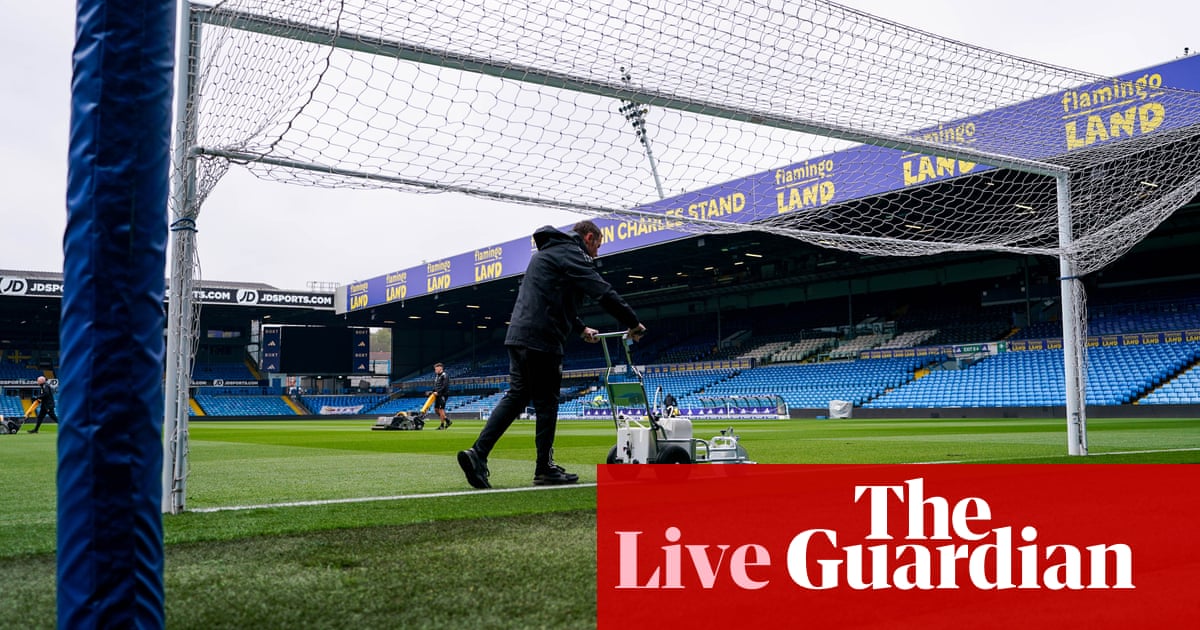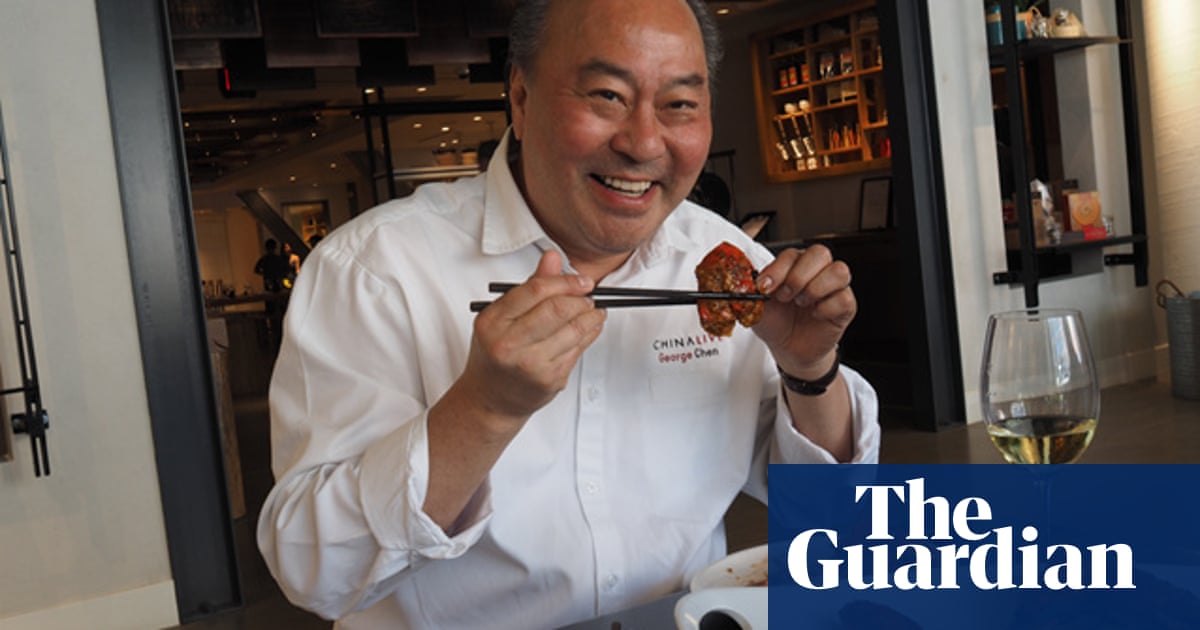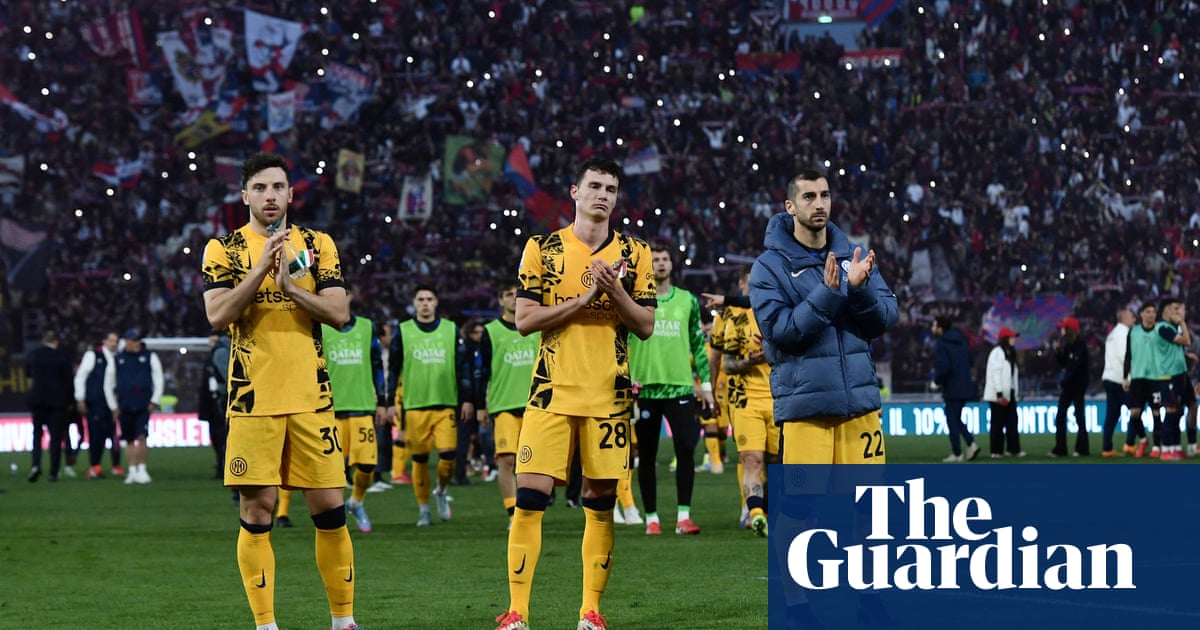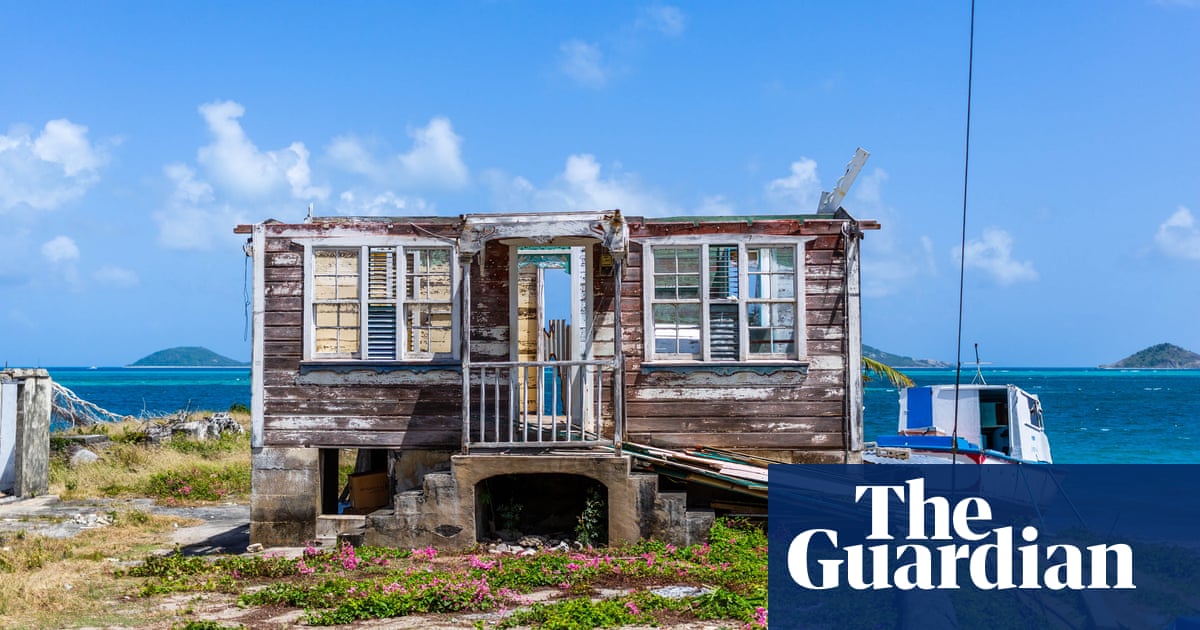Fears of a new wave of deportations and student visa cancellations are rising at a number of Florida’s most diverse universities after administrators signed agreements recasting campus police as federal immigration agents.
Miami’s Florida International University (FIU) is one of at least 11 state colleges to enroll in the top tier of the Immigration and Customs Enforcement (Ice) 287(g) program that trains local police departments for “limited” involvement in immigration operations.
The partnerships give campus officers broad new powers to stop, question and detain students about their immigration status, and share information directly with Ice, which students and faculty members believe could escalate the Trump administration’s assault on those studying in the US from abroad.
Nationally, more than 1,400 international students and recent graduates perceived by the government to be pro-Palestinian have had their F-1 or J-1 visas canceled by the homeland security department, according to a tally by Inside Higher Ed, with the Miami New Times reporting dozens in Florida.
Additionally, a series of prominent arrests, detentions and deportations of students, alumni and scholars have sparked outrage and protests on campuses nationwide. They include Mahmoud Khalil, Rümeysa Öztürk and Mohsen Mahdawi.
At the University of Florida (UF), which confirmed its collaboration with Ice earlier this month, students have organized several demonstrations against the agreement, and in support of Felipe Zapata Velázquez, a Colombian third-year student deported after he was arrested last month by local police for alleged traffic offenses and handed over into Ice custody.
Maxwell Frost, a Democratic Florida congressman, decried what he called Velázquez’s “government-funded kidnapping”. Protesters say his deportation is part of an ongoing Trump administration purge of overseas students, many for minor infractions.
Earlier this year, the government reactivated the taskforce model of the Ice partnership program that was discontinued by Barack Obama in 2012 for racial profiling, and which the American Civil Liberties Union has argued is unconstitutional.
Ron DeSantis, Florida’s rightwing Republican governor, directed state law enforcement agencies in February to sign up, and the Miami Herald reported on Thursday that almost every college with its own campus law enforcement agency is enrolled.
“That the University of Florida has signed on to the highest level of these agreements is atrocious,” Stephen Sykes, the chair of the UF chapter of the Young Democratic Socialists of America, said.
“There’s no rule in Florida that any group sign on at this level, which effectively makes the police force a wing of Ice itself.”
Sykes continued: “Even across activist communities at UF that generally don’t have the best relationships with police, they were seen as kind of the good people. They protected activists during our Palestine encampment, they were just there hanging out. It felt more like they were protecting us than trying to box us in. Now a lot of that trust is definitely gone.
“Students are scared to come out now, because to even speak up is to risk deportation.”
Activists at FIU share Sykes’s concerns that international students in particular will be reluctant to seek help from campus law enforcement, or to report crimes.
“What will they do with any information they receive? Who will they send it to?” said Bayan Abedulazis, the president of FIU’s Students for Justice in Palestine chapter.
“Things are very uncertain, and there is a lot of fear, just because of the fact that FIU is an international university. Most students either have a background of family not coming from the US or are directly coming from out of the country, and they’ve just kind of detached from a lot of these spaces, like SJP or the like, because they don’t want to be caught or have risk for themselves or their families.”
FIU has almost 3,800 international students from more than 142 countries, according to its website. Madeline Baró, the senior director of media relations, told the Guardian that the visas of 18 students had been revoked, but would not comment about the university’s agreement with Ice.
There was a “no Ice on campus” protest on Tuesday, but Abedulazis said her group had advised international students not to take part.
after newsletter promotion
“For SJP specifically, Palestine is such a big international issue, and we have a lot of international students that have wanted to be involved, or have been involved in the past,” she said.
“This past semester we’ve advised students not to attend any kind of public demonstrations, specifically in regards to Palestine, or just in the general sense, because of the kind of risk that it’s been posing for students to speak out publicly in any kind political manner.”
Educators joined the midweek protest at FIU, with members of its Union Faculty of Florida chapter displaying placards opposing the Ice agreement.
“Universities have usually been considered free spaces, open spaces,” Terrence Peterson, a history professor, told WLRN.
“ We want our students to show up. It’s hard enough to get them to show up anyways if they’re afraid to come because they might be arrested and deported.”
Rogelio Tovar, the chair of FIU’s board of trustees, defended the agreement to colleagues during their meeting on Tuesday, WLRN reported.
“No student should be fearful if they’re here legally and they’re in compliance with the law,” he said.
The university recently acceded to a request from DeSantis to appoint Jeanette Nuñez, a close political ally and his former lieutenant governor, as interim president, sparking allegations of cronyism.
The activist group Florida Student Power Network has also been helping organize campus resistance to Ice integration with university administrators, and lobbying Florida’s state legislators in Tallahassee.
“University campuses do not have to comply to these agreements,” the group said in a statement ahead of a protest at Boca Raton’s Florida Atlantic University (FAU).
“It is clear that schools are bowing down to a racist agenda rather than prioritizing the safety of their students. This won’t stop at FAU. We need to fight back.”

 2 hours ago
4
2 hours ago
4













































